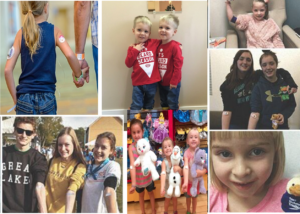The HIRN 2023 Annual Investigator Meeting was held September 19 – September 21, 2023, at the Omni Shoreham Hotel in Washington, DC. Remote participation was supported via Zoom Webinar for virtual attendees.
Author: Layla Rouse, MS

New Awards from RFA-22-009: HIRN Consortium on Targeting and Regeneration (CTAR)
Developing A Platform Technology For β-Cell-Targeted Drug Delivery
Development of platforms for beta cell-specific delivery and ligand discovery
Rohit Kulkarni, MD, PhD, Joslin Diabetes Center
iSTAR Tregs
Michael T McManus, PhD, University of California, San Francisco
Audrey Parent, PhD, University of California, San Francisco
* Denotes Contact PI
HIRN Webinar: “A Roadmap to Restoring Tolerance in Type 1 Diabetes: CAR Tregs & Beyond”
Click HERE to view YouTube recording of the webinar.
Thursday, August 24, 2023 (1:00 pm Eastern / 10:00 am Pacific)
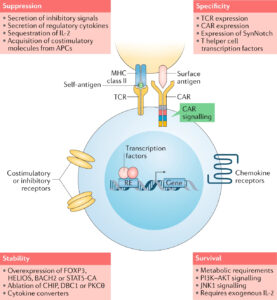 |
|
Presentation by: Topics discussed:
|
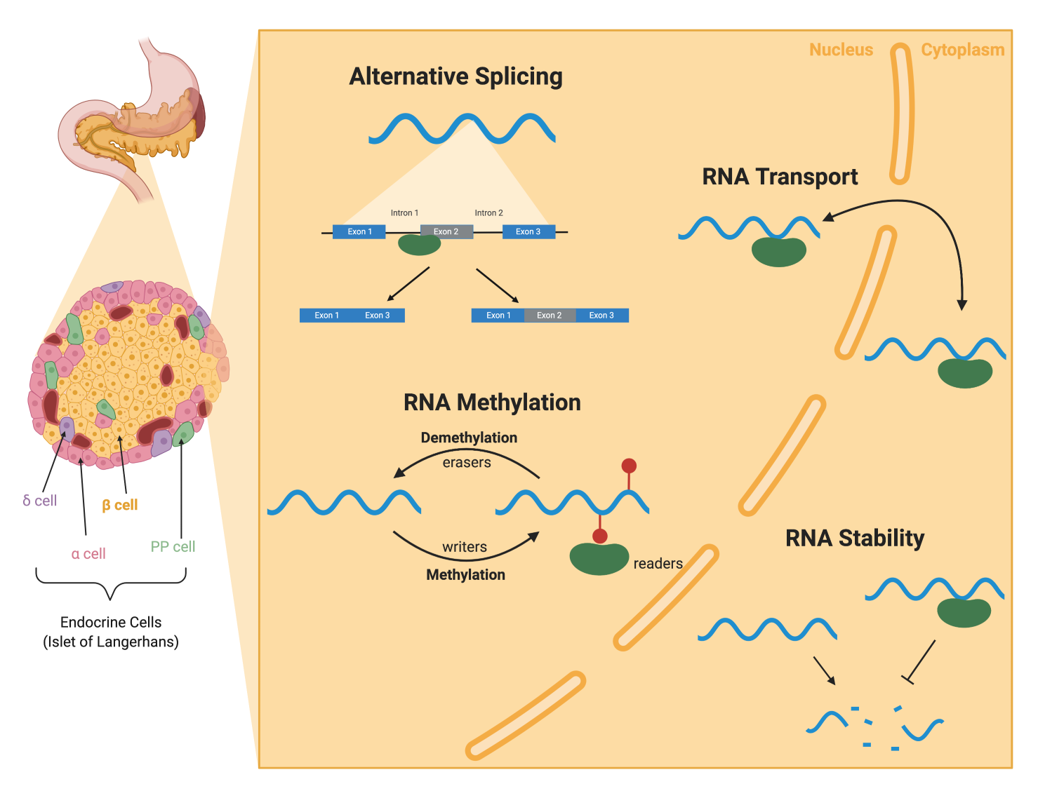
HIRN Webinar: “RNA Process in Metabolic Tissues”
Click HERE to access the YouTube recording of the webinar.
Wednesday, July 12, 2023 (1:00 pm Eastern / 10:00 am Pacific)
|
Topics Discussed:
|
XXXXXXXX |
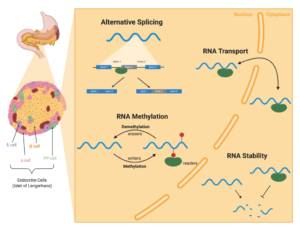 |
NIH NIDDK New Investigator Gateway Award Recipients (May 2023)
Congratulations to the May 2023 Recipients of the NIH NIDDK New Investigator Gateway Awards
Congratulations to these three investigators on joining HIRN via the NIH NIDDK Gateway Award Initiative. This award was designed to ensure that a robust pipeline of talented new investigators will continue to embark on successful careers in type 1 diabetes (T1D) research. The recipients will be embedded within the HIRN scientific framework to provide unique opportunities for New and Early Stage Investigators to increase their understanding of key questions in the field, to network, and to establish unique and potentially long-lasting collaborations that will propel their careers forward. It is anticipated that the Gateway award will provide the support needed to enhance the success of future R01 submissions from New Investigators interested in pursuing careers in T1D research.
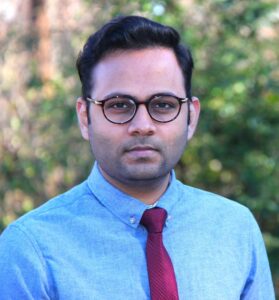 |
Amish Asthana, PhD, Wake Forest University Health Sciences |
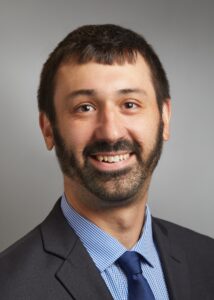 |
Jason Bini,PhD, Yale University Research Abstract: “Positron emission tomography to characterize beta cell mass in individuals from multiple stages in the progression of T1D” HIRN Consortium: HPAC Date Awarded: May 1, 2023 |
 |
Richard Aaron Cox, PhD, University of Texas Health Science Center at Houston Research Abstract: “GABP is a novel regulator of beta cell metabolism & proliferation” HIRN Consortium: CTAR Date Awarded: May 1, 2023 |
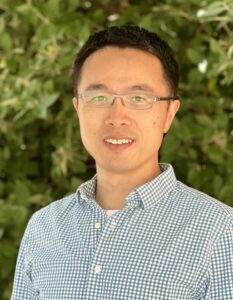 |
Jing Liu, PhD, Indiana University-Purdue University |
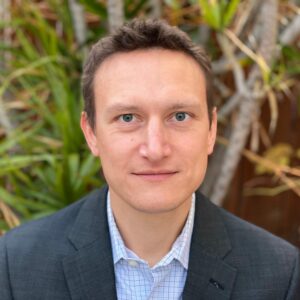 |
Matthew Wortham, PhD, University of Colorado Anschutz Medical Campus Research Abstract: “Metabolic requirements of pancreatic beta cell proliferation” HIRN Consortium: CTAR Date Awarded: May 1, 2023 |
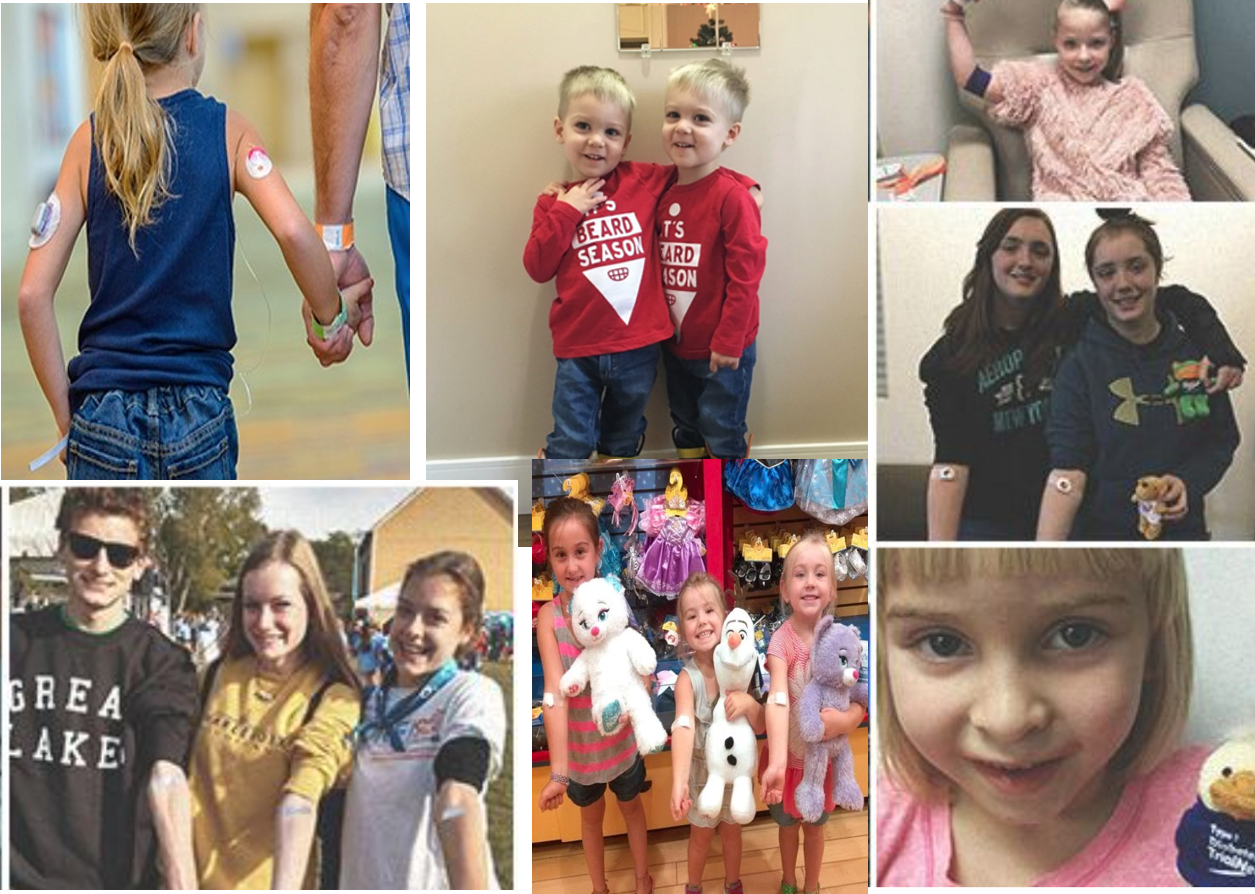
HIRN Webinar: “Update on Type 1 Diabetes (T1D) Screening & Disease Modifying Therapies”
Click HERE to access the YouTube video of the recording.
Tuesday, June 20, 2023 (4:00 pm Eastern / 1:00 pm Pacific)
|
Topics discussed:
Presentations by:
Images above show participants in the T1D TrialNet screening & |
|
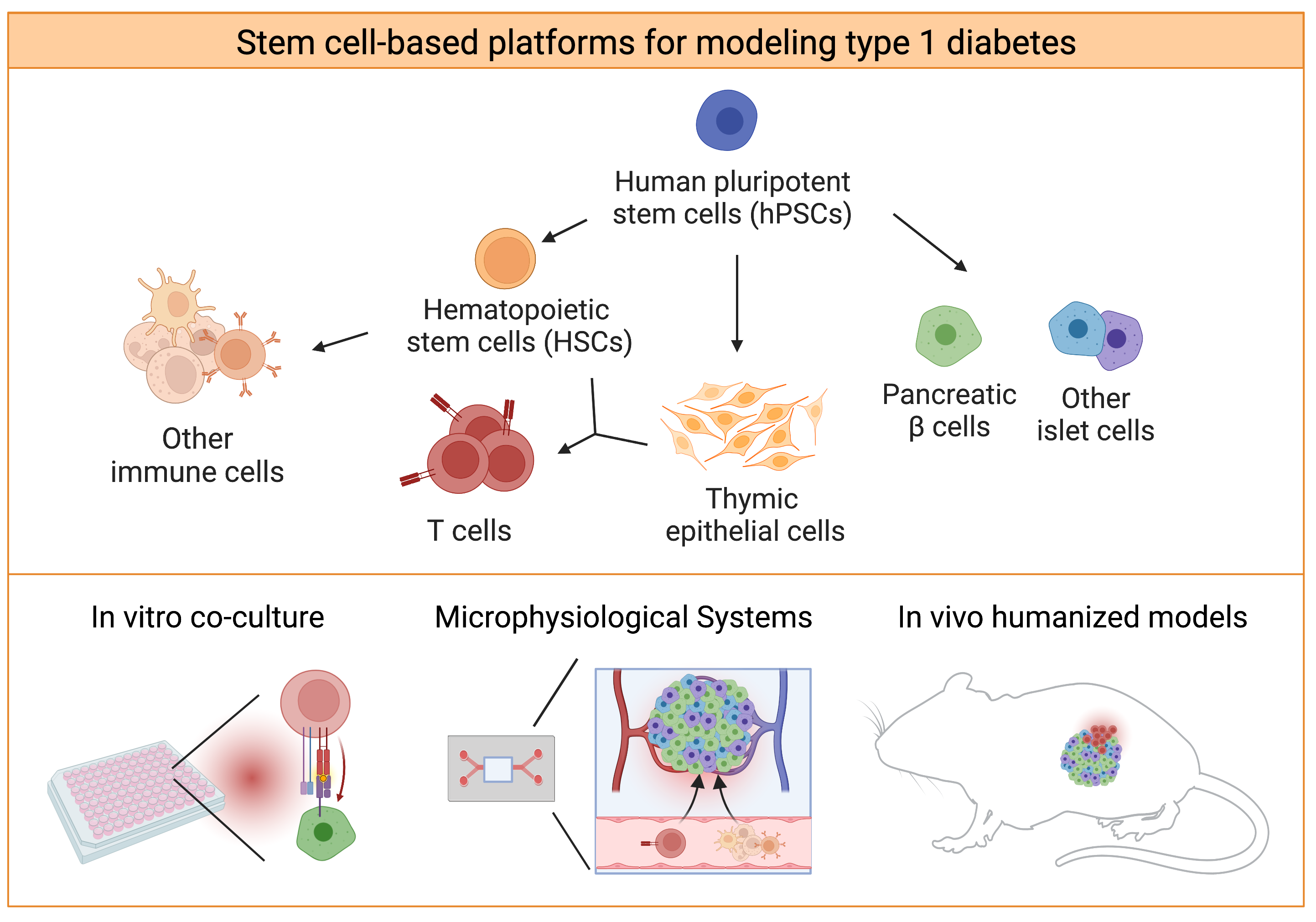
Webinar: “Stem Cell-based Platforms to Model Human Autoimmune Diabetes”
Click HERE to access the YouTube video of the recording.
Tuesday, March 28, 2023 (1:00 PM Eastern | 10:00 AM Pacific)
Presentations by:
– Audrey Parent, PhD, University of California, San Francisco
– Karla Leavens, MD, PhD, Children’s Hospital of Philadelphia
Topics discussed:
– Advantages of stem cell-based platforms to model human T1D
– Current state of differentiation of T1D relevant cell types
– Examples of disease modeling applications using stem cell derivatives
– Development of multi-tissue platforms combining islets and T cells
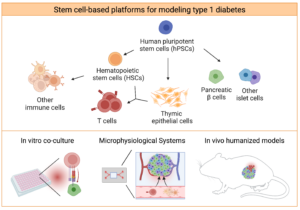
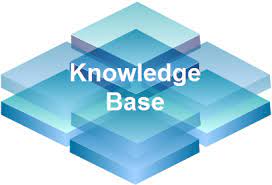
HIRN Funding Opportunity: Pancreas Knowledgebase Program (PanKbase)
(RFA-DK-22-018)
This Funding Opportunity Announcement (FOA) invites applications to develop a centralized resource of the human pancreas for diabetes research that will provide access to deeply curated high-quality datasets, knowledge in computable forms, and advanced data science tools and workflows; and enable open and reproducible multidisciplinary collaboration toward accelerating biomarker and therapeutic target development. The program will become a component of the Human Islet Research Network or HIRN (https://hirnetwork.org/).
Posted: October 4, 2022
Letter of Intent Due: February 28, 2023
Application Due Date: March 31, 2023
Start Date: December 2023
Details HERE
New Awards from RFA-21-017: High-Resolution Exploration of the Human Islet Tissue Environment (HPAC)
Marcella Brissova*, PhD, Vanderbilt University
Alejandro Caicedo, PhD, University of Miami
Jie Liu, PhD, University of Michigan
Stephen Parker, PhD, University of Michigan
Al Powers, MD, Vanderbilt University
Using ex vivo, in vivo Models and Patient Mutations to Interrogate Pancreatic Exocrine-Endocrine Cross Talk
U01 DK135095
Rohit Kulkarni*, PhD, Joslin Diabetes Center
Saumya Das, MD, PhD, Massachusetts General Hospital
Juan Dominguez-Bendala, PhD, University of Miami
Klaus Kaestner*, PhD, University of Pennsylvania
Benjamin Glaser, MD, Hadassah Medical Center
Dana Avrahami-Tzfati, PhD, Hadassah Medical Center
Al Powers, MD, Vanderbilt University
Julie Sneddon*, PhD, University of California, San Francisco
Zev Jordan Gartner, PhD, University of California, San Francisco
Des Schatz*, PhD, University of Florida
Martha Campbell-Thompson, PhD, University of Florida
Clive Wasserfall, PhD, University of Florida
Yuval Dor, PhD, Hebrew University
*Denotes contact PI
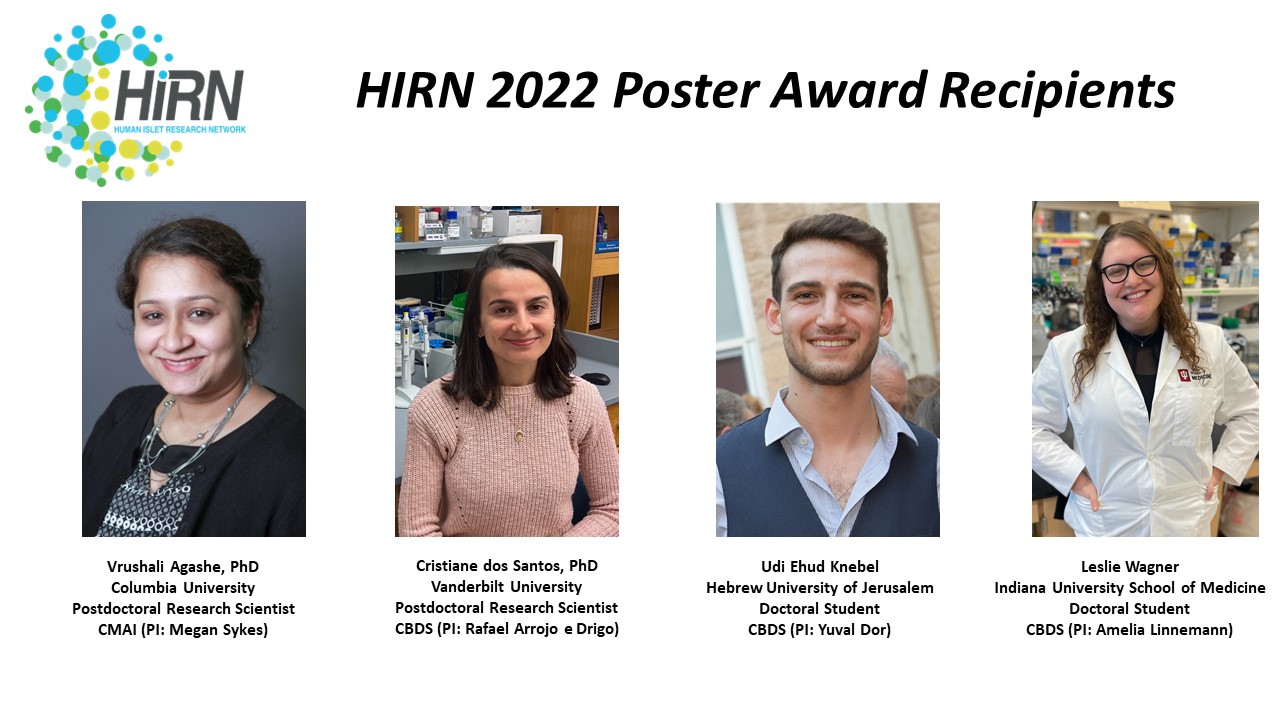
HIRN 2022 Poster Award Recipients
The following trainees were selected as award recipients based on the posters they presented at the HIRN 2022 Annual Investigator Meeting.
 |
Vrushali Agashe, PhD Institution: Columbia University Irving Medical Center, Columbia Center for Translational Immunology Title: Postdoctoral Research Scientist Affiliation: CMAI (Sykes Lab) Vrushali Agashe is a Postdoctoral Research Scientist in the laboratory of Professor Megan Sykes at the Columbia University Irving Medical Center. Dr. Vrushali’s research focuses on Type 1 Diabetes immune systems, and how self-reactive T cells escape thymic negative selection & enter periphery, where they can mediate pancreatic beta cell destruction. |
|
|
|
||
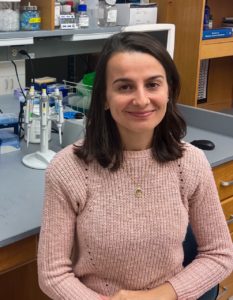 |
Cristiane dos Santos, PhD Cristiane dos Santos is a Postdoctoral Research Scientist in the laboratory of Assistant Professor Rafael Arrojo e Drigo at Vanderbilt University. Dr. do Santos’ studies the effects of caloric restriction on pancreatic beta cell function and longevity. She observes that caloric restriction improves animal glucose homeostasis and insulin sensitivity.
|
|
|
|
||
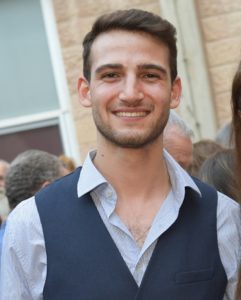 |
Udi Ehud Knebel Udi Ehud Knebel is a Doctoral Student in the laboratory of Professor Yuval Dor at The Hebrew University of Jerusalem. He studies the role of RNA editing in beta-cells, showing that this process prevents the accumulation of double-stranded RNA and the development of interferon-mediated islet inflammation and diabetes. |
|
|
|
||
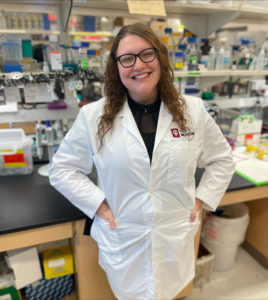 |
Leslie Wagner Leslie Wagner is a Doctoral Student in the laboratory of Associate Professor Amelia Linnemann at Indiana University School of Medicine. Her research focuses on how human beta-cells in the pancreatic islet exhibit a heterogenous response to cellular stressors, such as cytokines produced by the innate immune system following viral infection using intravital microscopy. |
